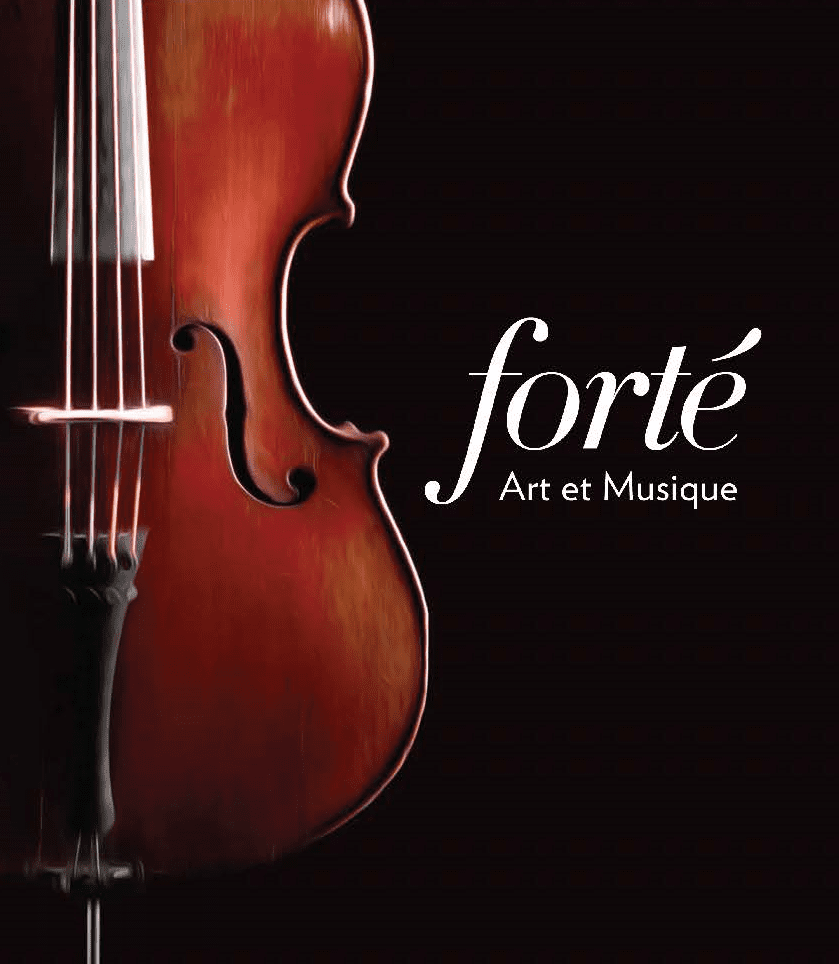
In the twilight of post-war Europe, a revolution was brewing—not in the streets, but on the airwaves. It was 1956, and amid the rolling hills of Lugano, Switzerland, a spectacle was about to unfold that would change the face of European entertainment forever. The Teatro Kursaal, an elegant theater nestled in this picturesque city, became the birthplace of the Eurovision Song Contest, a musical behemoth that has since grown into a dazzling, sometimes dizzying, celebration of song and spectacle.
The Vision Behind the Contest
The brainchild of the European Broadcasting Union (EBU), Eurovision was inspired by Italy’s Sanremo Music Festival, a popular event that showcased Italian songs and talent. The idea was simple yet ambitious: create a live, televised music competition that would unite the continent through song. In an era when television was still a marvel of modern technology, this was nothing short of revolutionary.
Gathered in a smoky room in 1955, EBU executives envisioned a show that would not only entertain but also foster a sense of European identity and camaraderie. The concept was presented, plans were set in motion, and just a year later, on May 24, 1956, the dream became a reality.

The First Contest: A Modest Beginning

The inaugural contest saw seven countries—Belgium, France, Germany, Italy, Luxembourg, the Netherlands, and Switzerland—each submitting two songs, resulting in a modest lineup of 14 performances. The anticipation was palpable as the event unfolded at the Teatro Kursaal, with Lohengrin Filipello, a charismatic Swiss host, guiding the audience through this groundbreaking evening.
Unlike today’s extravaganza, the first Eurovision was a relatively understated affair. There were no elaborate stage setups, no pyrotechnics, and certainly no wind machines or confetti cannons. It was all about the music and the message it carried. Each performance brought something unique to the stage, reflecting the diverse cultures and musical styles of the participating nations. Interestingly, the voting system allowed juries to vote for their own countries, a practice that was soon abolished due to obvious biases.
As the evening progressed, it became clear that this was no ordinary music competition. The event wasn’t even broadcast live to all participating countries; some had to wait for recorded versions to be flown over. This didn’t dampen the spirits, though, as each song was a testament to the country’s cultural vibrancy.
A Victory for Switzerland
Switzerland’s Lys Assia ultimately stole the show with her poignant rendition of “Refrain.” Her victory was a moment of immense pride for the host nation and set a high bar for future contests. Lys Assia, born Rosa Mina Schärer, was already a celebrated artist in Switzerland. Her performance was characterized by its simplicity and heartfelt emotion, qualities that resonated with the jury and audience alike. “Refrain” is a nostalgic song, speaking of love and longing, themes that are timeless and universally relatable.
The Teatro Kursaal, the venue for this historic event, added a touch of grandeur to the occasion. Though the theater no longer stands, its legacy lives on in Eurovision history. Remarkably, the first Eurovision Song Contest was not videotaped, leaving us without visual recordings of these iconic performances, adding an air of mystery and legend to the event.

Legacy of the First Eurovision
The success of the first Eurovision Song Contest laid the foundation for what would become an annual tradition, drawing in millions of viewers from across the globe. Over the decades, Eurovision has evolved dramatically, embracing new technologies and musical trends while remaining true to its core mission of uniting Europe through music.
From the swinging sixties to the digital age, Eurovision has been a mirror reflecting the changing face of European culture and politics. It has given us iconic moments, unforgettable performances, and even the occasional controversy, all while maintaining its charm and appeal.
In 1969, an unprecedented four-way tie saw France, Spain, the Netherlands, and the UK sharing the victory, prompting changes in the voting system to prevent future ties. ABBA’s 1974 triumph with “Waterloo” catapulted the Swedish group to international fame, proving Eurovision’s potential as a launchpad for global success. And who could forget Dana International’s groundbreaking win in 1998 with “Diva,” marking a significant moment for LGBTQ+ representation in mainstream media?
A Grand Tradition Continues
As we look back on that fateful night in Lugano, it’s clear that Eurovision has come a long way from its humble beginnings. What started as a simple idea to bring European countries together through music has blossomed into a global phenomenon, beloved by millions and capable of launching careers and creating stars.
So, here’s to Eurovision—a celebration of unity, diversity, and the unifying power of music. Whether you’re a die-hard fan or a casual viewer, there’s no denying the magic that happens when Europe takes the stage, one song at a time. And in the immortal words of Lys Assia, the first-ever Eurovision winner: “Refrain, refrain, let the music play again.”



Leave a Reply